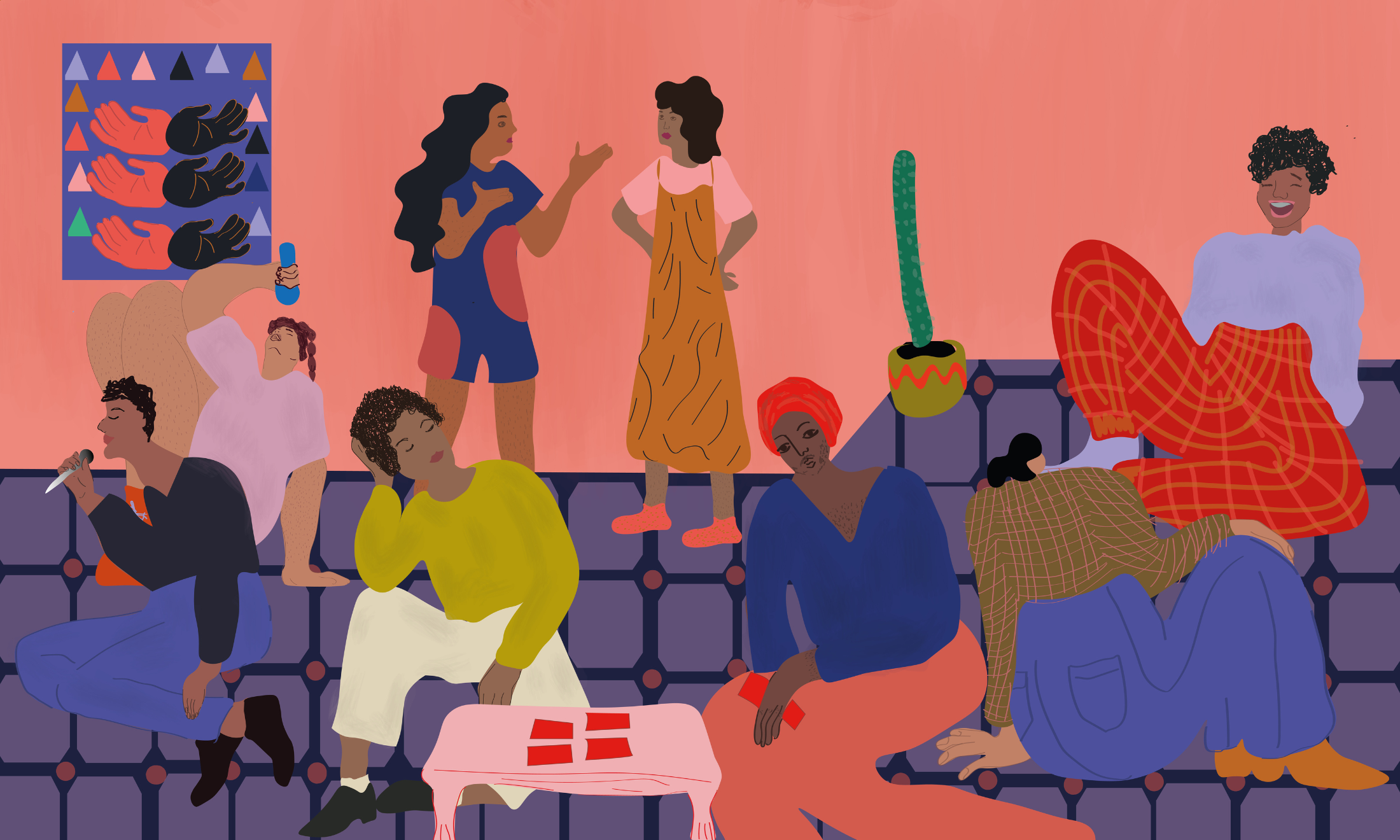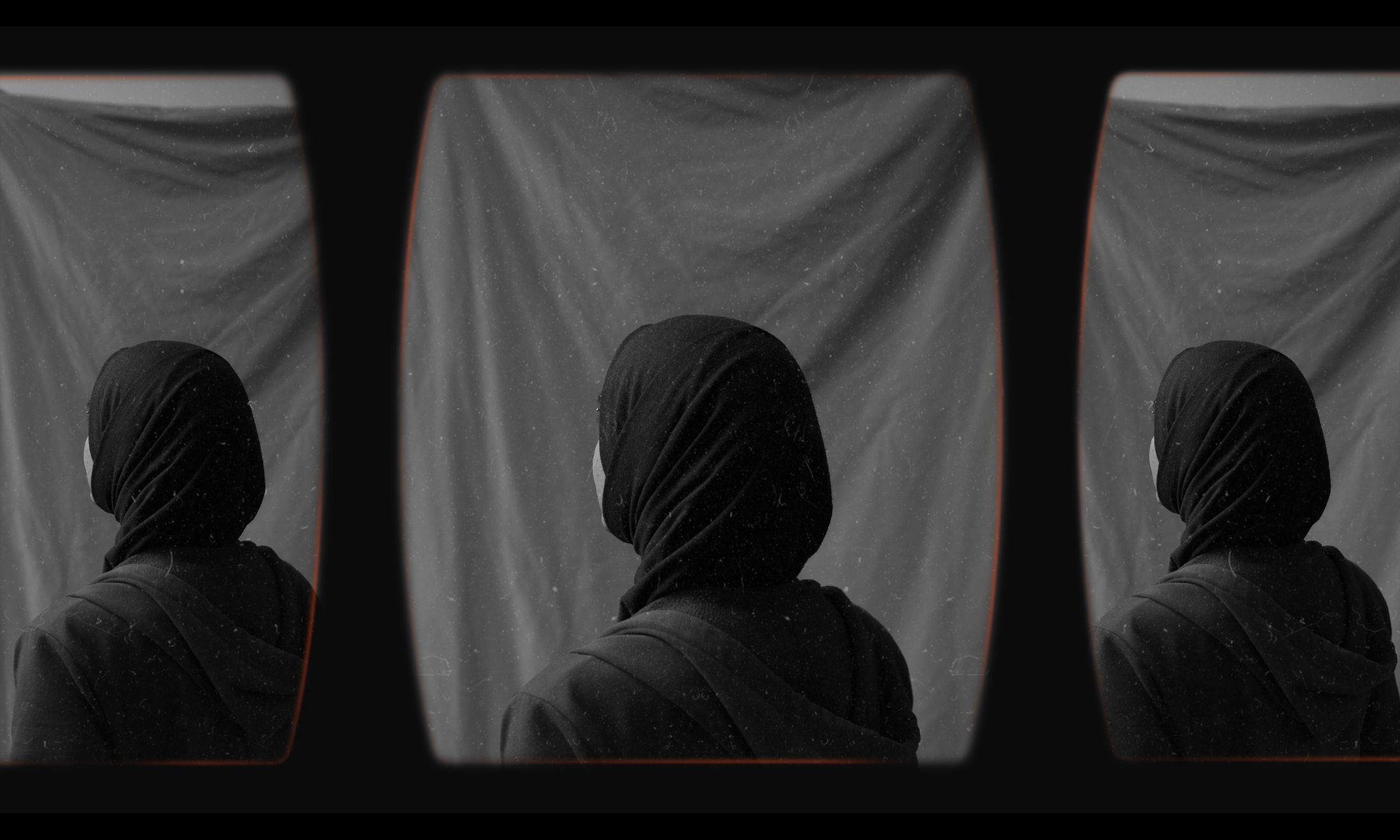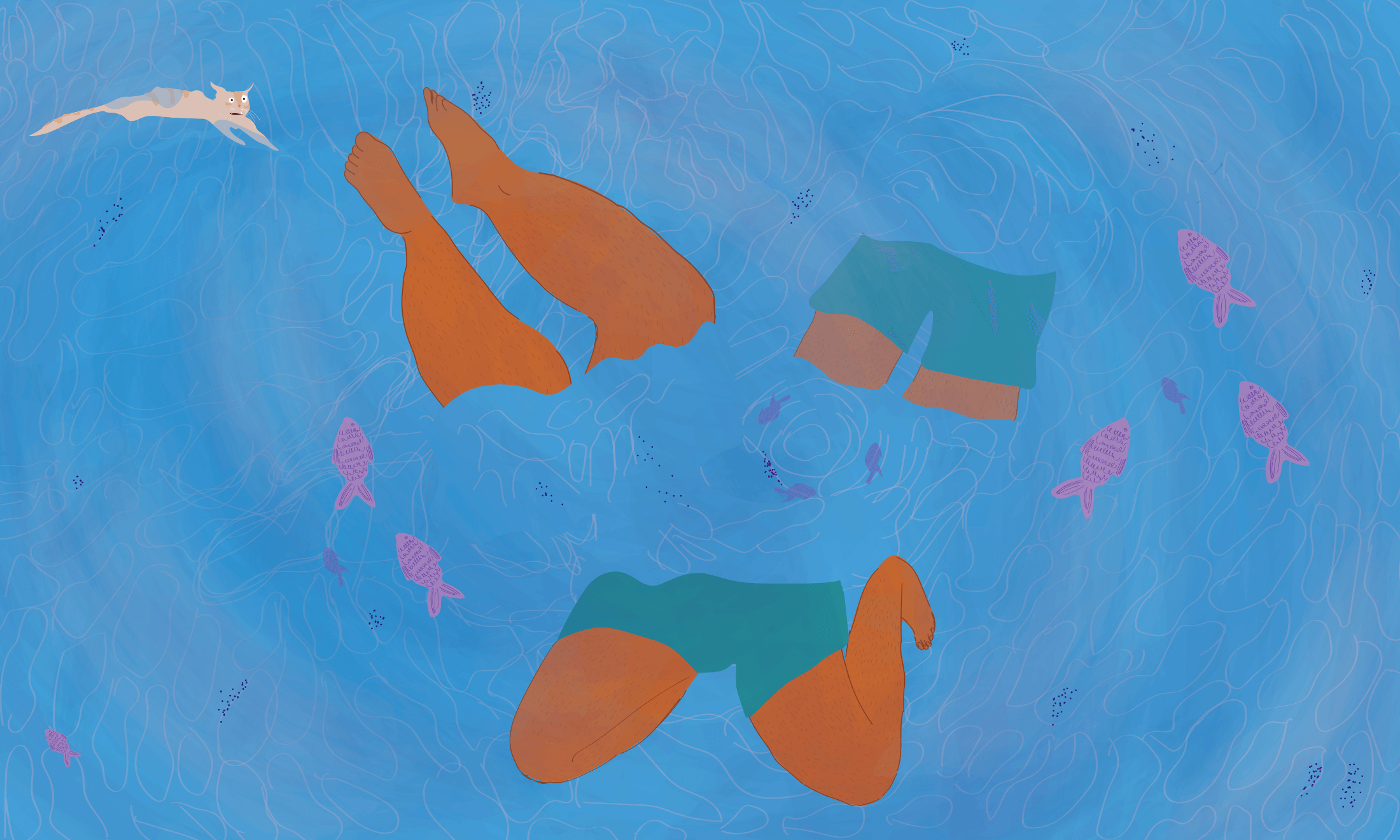
Hayfaa Chalabi
Against the binary: Finding refuge in alternative education
Hurt by our state educational system, our gender columnist explores more inclusive alternatives to traditional learning.
Yas Necati
30 Jun 2022
Content warning: this article contains mention of transphobia, murder and animal abuse.
In my AS level English class we studied The Wasp Factory by Iain Banks. It’s a book about a child who kills other animals and children, and at the end there’s a big reveal: this child has been consistently given “male hormone drugs” by their father. The character isn’t technically trans; they haven’t got any autonomy over their gender at all. But with all of the prejudice towards trans kids recently, it’s not hard to see why a book suggesting that Hormone Replacement Therapy (HRT) is likely to make kids animal abusers and serial killers is problematic.
I hadn’t really figured out my own gender when I was at college, and honestly that’s still a journey I’m on. I didn’t explicitly know I was trans back then, but I knew my gender didn’t fit. I just didn’t have the resources or knowledge to understand what being trans meant.
Iain Banks’ book was the first time I knew that masculinising hormones existed. Looking back, it was also one of the reasons I dropped out of college. The only-out trans person in my English class hardly ever showed up to it. We were two of likely more people trying to navigate the waves of an education system that was built by and for straight, white, cis people. To them, this book was a fascinating intellectual conversation starter about masculinity. To us, this book was violence in a place we had always been told was supposed to be safe for young people.
When I left college, I was deeply unwell. I was also angry about the education system I experienced and started to ask questions about how it could look different. These questions have never been a criticism of my teachers who I want to celebrate. In their own ways they shaped me into who I am today, and some threw me a life raft in that turbulent time. My questions are more about why they had to throw me a life raft in the first place – why our ocean of so-called education is served by so few rivers of knowledge.
Many of us have experienced how homophobic and transphobic our education system is, how racist it is, how ableist it is, how classist. Where we hold privilege, we might not have noticed the certain prejudices and oppressions that exist in education. I’m sure lots of the cis kids in that class didn’t really think about the transphobia of The Wasp Factory. I want to keep reflecting on the things I missed in my education – I hope we all seek to do the same too.
“Many of us have experienced how homophobic and transphobic our education system is, how racist it is, how ableist it is, how classist”
The traditional western education system hurts many of us, but I am still in love with learning and want to do more of it. A few years after I left school, I was privileged to be taught the basics of an alternative education model by a US-based group called Training For Change, who work with activists and community organisers. Conventional western education traditionally places all the power and knowledge with one person: the teacher, and all the capacity for growth with everyone else in the room: the learners. Training for Change’s methods aim to challenge this, recognising that we all have things to teach and we all have things to learn. Education settings become spaces for knowledge and skills sharing, where we are all both learners and teachers.
These methods, like any, need criticism and change, but they made me realise something that changed my life as a young person: I wanted to be in spaces that celebrate queer, trans and BIPOC knowledge sharing. There are so many amazing projects, like Voices That Shake and The Advocacy Academy, that are doing this right now with young people. As an adult, I’m trying to seek out spaces where I can continue to learn with others.
“I wanted to be in spaces that celebrate queer, trans and BIPOC knowledge sharing”
In April, I went to a BIPOC gathering for people who train and facilitate activist communities. We played drama games, sang songs around the fire, laughed together, grieved together, did our best boyband impersonations and played one of my favourite board games, Space Cats Fight Fascism. There was lots of beauty in that week, but I can’t romanticise it – we had some really hard conflict too, and I don’t think we handled it much better than generic learning spaces just because we were all BIPOC.
I’m in love with the idea that we can create something better – that, at the bare minimum, trans kids of colour won’t have to grow up reading about a white serial killer. I hope I will always be learning how to better create and participate in education spaces where we try to reimagine power dynamics, to prioritise those most marginalised and to learn in a way that is lasting, challenging, restful and not at anyone’s expense. I’ve found refuge in alternative education, I hope others can too.
I’m excited every time marginalised communities come together to co-create curriculums that work for them. And maybe one day, what is now considered ‘alternative’ education will be something all kids get to do from a young age – and something that will be available to all of us at every stage of our lives.
Like what you’re reading? Our groundbreaking journalism relies on the crucial support of a community of gal-dem members. We would not be able to continue to hold truth to power in this industry without them, and you can support us from £5 per month – less than a weekly coffee.
Our members get exclusive access to events, discounts from independent brands, newsletters from our editors, quarterly gifts, print magazines, and so much more!







